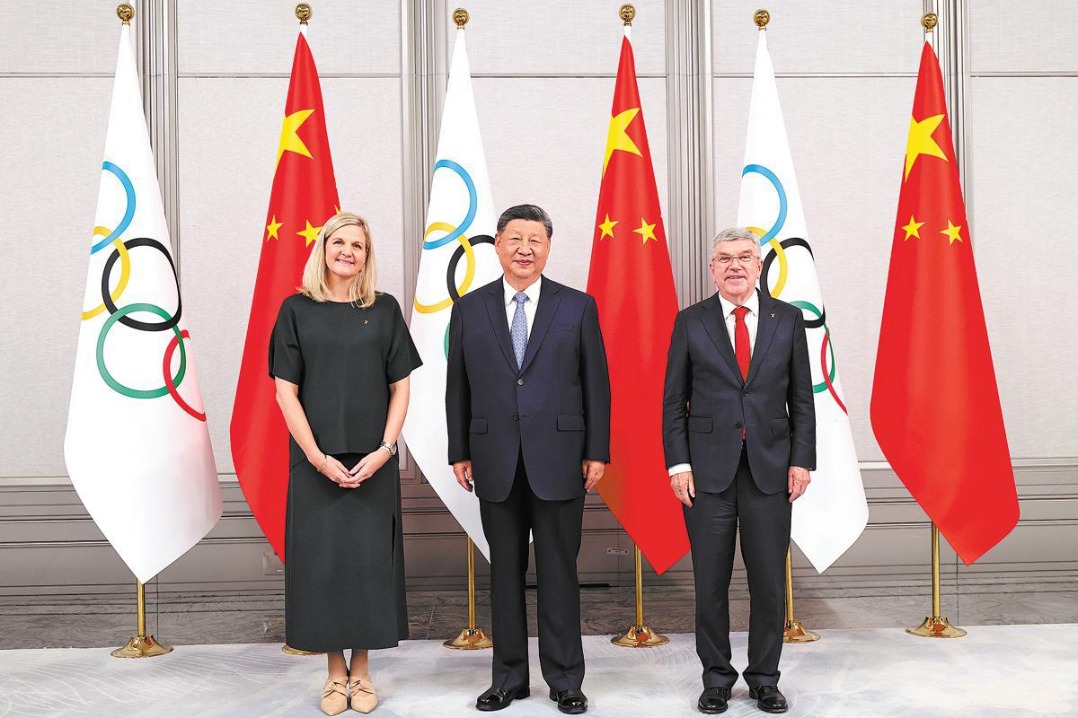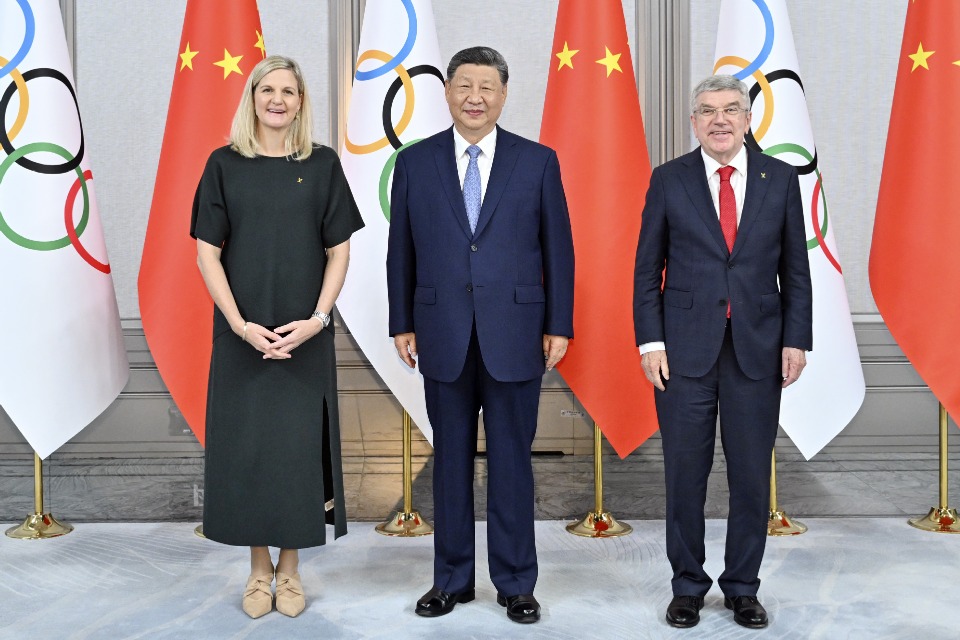Ukraine crisis hinders European autonomy


A distant observer from space may consider that the world currently faces again an eruption of a horde of the biblical Horsemen of the Apocalypse: Climate change, a pandemic (COVID-19), earthquakes, war, refugees, death and destruction, inflation, hunger, and, potentially, even a nuclear war. Dealing with all this properly requires common trust, international collaborations and effective diplomacy among nations.
The epicenter of the current misery in Europe is the military conflict in Ukraine, which has evolved from a special military operation into permanent, protracted war. It has the potential to permanently divide the larger world, far beyond Europe, endangering further progress in the path of humanity.
And it is also threatening the fruits of many long-term efforts to make the world better: Global well-being had substantially increased in recent decades with the end of history, the end of global confrontation and a global reduction of inequality. Trade and economic interactions had created growth and improved well-being and a better global understanding. The rise of China has been a strong part of this success story, and its global initiatives to promote growth and development through infrastructure building, e.g., the Belt and Road Initiative, contribute further perspectives.
From a European point of view, this is all at stake, caused by the conflict in Ukraine. Why could this happen? And why with a focus on Europe? Many Europeans remain speechless that such a war could take place again on a continent where the security of national borders in the face of painful historical experiences has a very special value.
Is Europe now paying the price for the US-led NATO's eastward expansion?
NATO is designed as a defense pact, committing members to protect each other only from aggression by other countries. It was getting militarily weaker and weaker, with too low military budgets and a re-orientation towards limited global missions moving away from traditional defense capabilities in Europe. The US was even accused of becoming increasingly ignorant about Europe as it concentrated on the rising conflict with China in Asia. Former US president Donald Trump once even contemplated dissolving NATO and withdrawing from Europe.
With Ukraine becoming independent in 1991, the country inherited a substantial amount of Soviet nuclear weapons (with physical but no operational control), but transferred them to Russia within a decade. The 1994 Budapest Memorandum on Security Assurances signed by Russia, the United States and the United Kingdom, also supported by France and China in separate declarations, provided guarantees on territorial security. When in the early 2000s US President George W. Bush wanted Ukraine inside NATO, France and Germany opposed it in the interest of Russia.
Until last year, Germany's traditional political parties and people had substantial sympathy for Russia. Policy was relying on change through trade and gave priority to economic relationships. The belief was that economic prosperity on all sides is the best guarantee for peace in Europe. It turned out to be an illusion.
This was also the driving idea behind the European Union eastwards enlargement since 2004, integrating most East European countries successfully after some years of economic development and social adjustments into a common and open European market for goods, capital and people.
However, it has not been possible to further develop the European security order to pacify Russia and to integrate the country forcefully into a successful economic transition. This is certainly a substantial failure of European, in particular German, policy and diplomacy.
What has happened is not the responsibility of the US. However, the military conflict in Ukraine also reveals to what substantial degree Europe needs to rely on strong transatlantic relationships and support. The crisis hinders Europe from being more independent of the US, militarily, economically and in particular on technological issues. Only when this military conflict ends, can Europe act more independently. If it continues or even ends with a destruction of Ukraine, this would further globalize and deepen the divide of the world.
It is in China's interest to help find the path to a workable end of the conflict in Ukraine to stabilize the European order. Countries have a right to live in secure borders. Beyond all societal differences, China and Europe have similar challenges and conditions like aging societies, migration pressures and a strong export orientation. Collaborations and understanding with mutual respect for the different positions are needed.
Europe has to increase its strategic autonomy and proactivity; economically, technologically and militarily, but also on the diplomatic level. In particular Germany has to go a long way to take the requested leadership needed to balance the complex set of interests between European countries which are a prerequisite for finding solutions to the current and forthcoming challenges on the continent.
The European Union is not only concerned with supporting Ukraine but is also organizing a substantial transformation in energy use and other measures to fight climate change. Again, this challenge can only be handled with effective support of and partnership with China. By helping Europe to stabilize in the current crisis, and as a partner against climate change, China can ensure success and the proper use of its huge investments in the world through its Belt and Road Initiative.
The author, a professor at Free University of Berlin, is the president of the Global Labor Organization, a Germany-based world-wide network of researchers investigating the path of globalization. The views don't necessarily represent those of China Daily.
If you have a specific expertise, or would like to share your thought about our stories, then send us your writings at opinion@chinadaily.com.cn, and comment@chinadaily.com.cn.


































